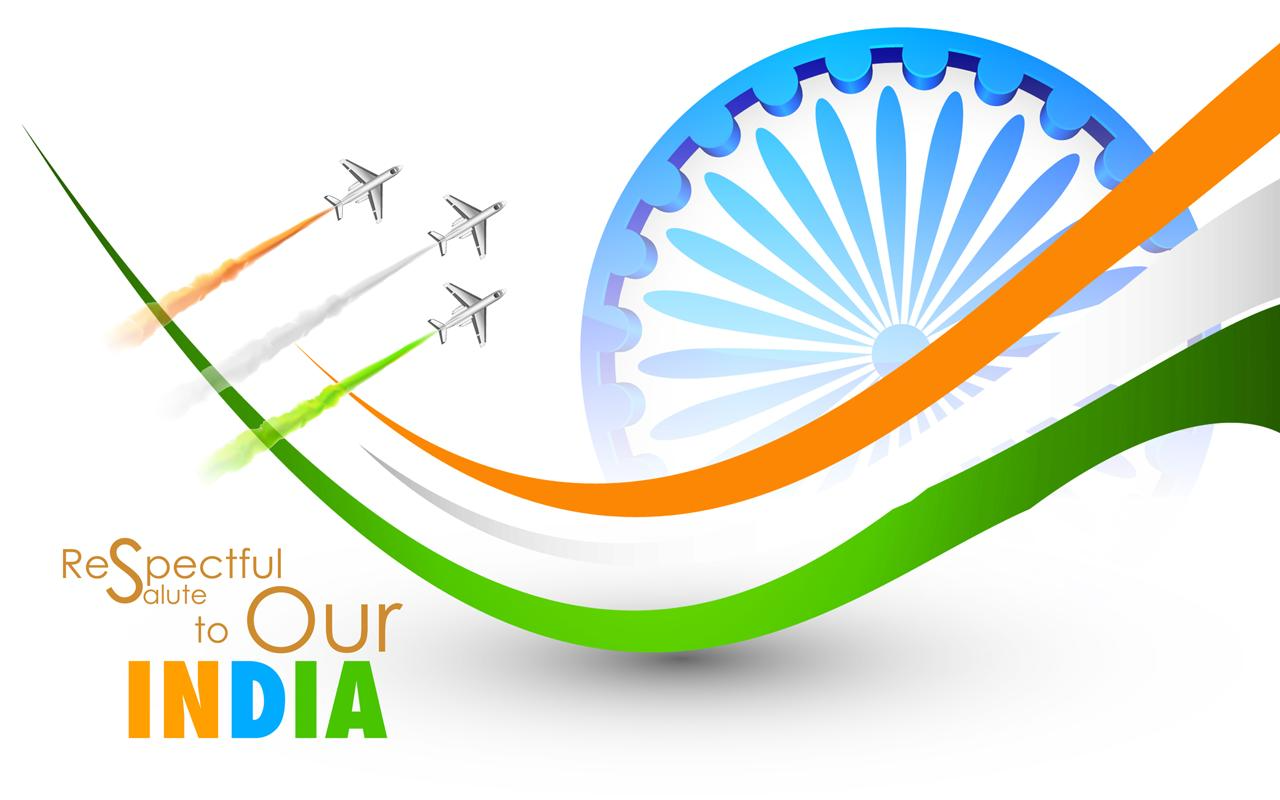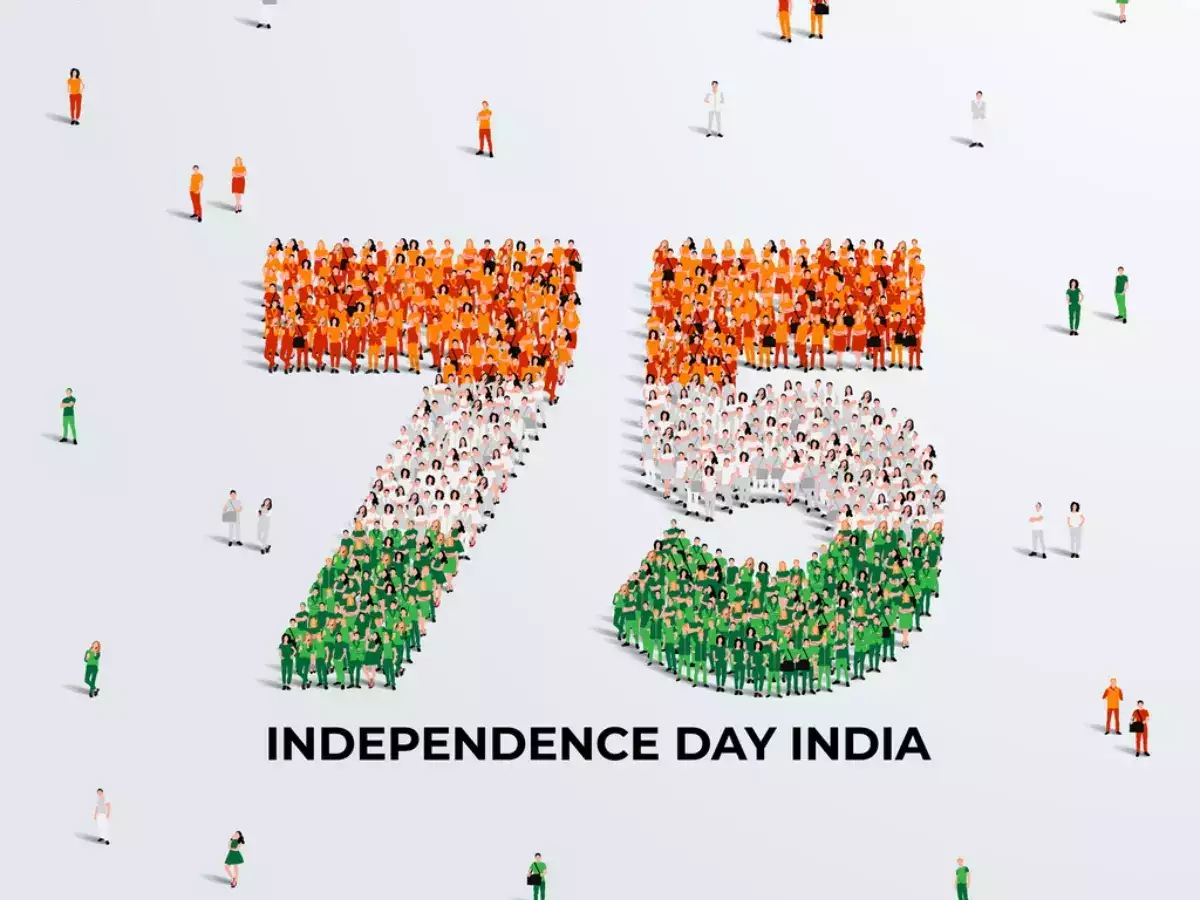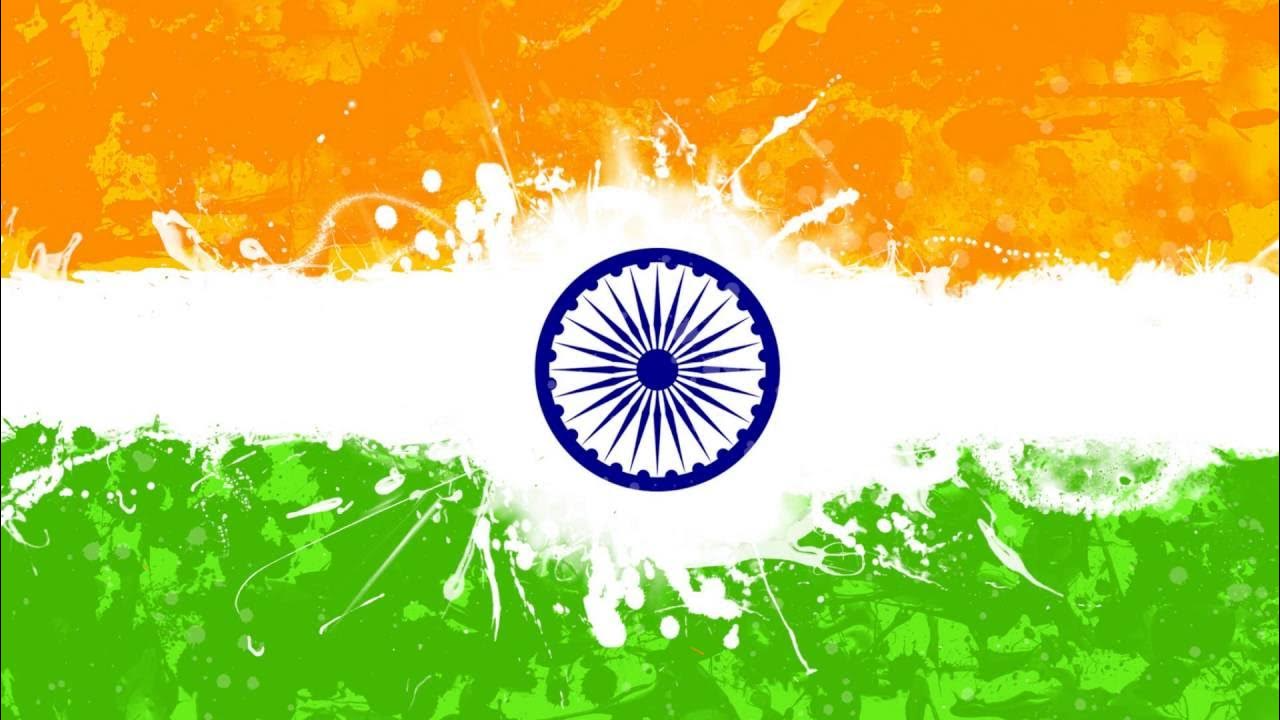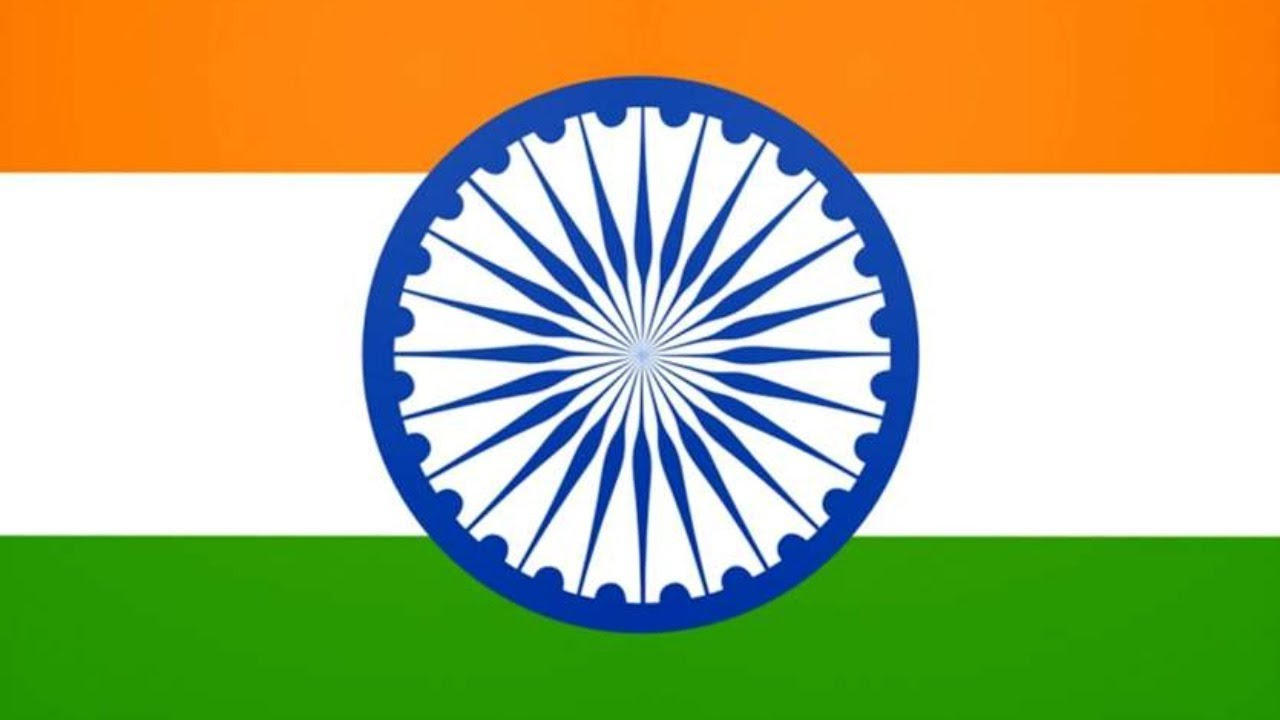Category: Blog
-

Republic Day is a significant national event celebrated in many countries to mark the adoption of their constitutions and the transition to a republic. In India, Republic Day is observed on January 26th every year, commemorating the adoption of the Constitution of India in 1950. It is a day of pride, patriotism, and national unity,…
-

Independence Day in India is celebrated on August 15th every year to commemorate the nation’s freedom from British rule in 1947. It is one of the most significant national holidays, marked by flag hoisting, patriotic speeches, cultural programs, and tributes to freedom fighters. This article provides an in-depth look at the history, significance, celebrations, and…
-

The Flag Code of India is a set of laws, practices, and conventions governing the display and usage of the Indian National Flag, commonly known as the Tiranga. The code ensures that the flag is treated with dignity and respect, reinforcing its status as a symbol of national pride and unity. This article provides a…
-

The Ashoka Chakra, the navy blue 24-spoke wheel at the center of the Indian national flag, is one of the most powerful symbols of India’s identity. Derived from the Lion Capital of Ashoka, it represents principles of righteousness, movement, and progress. The Chakra has deep historical, cultural, and philosophical significance, rooted in India’s ancient heritage…